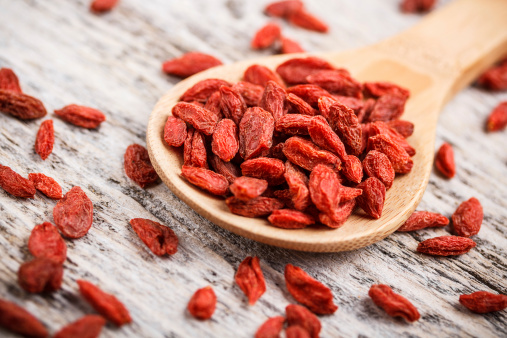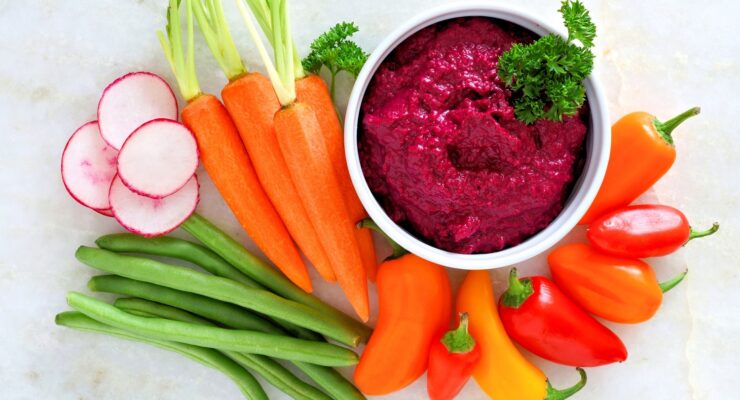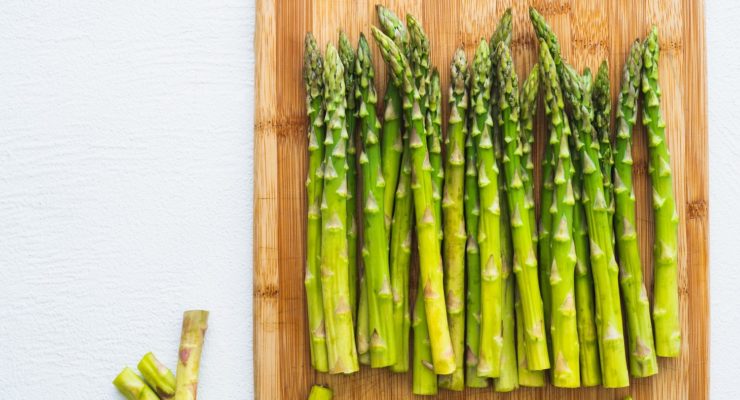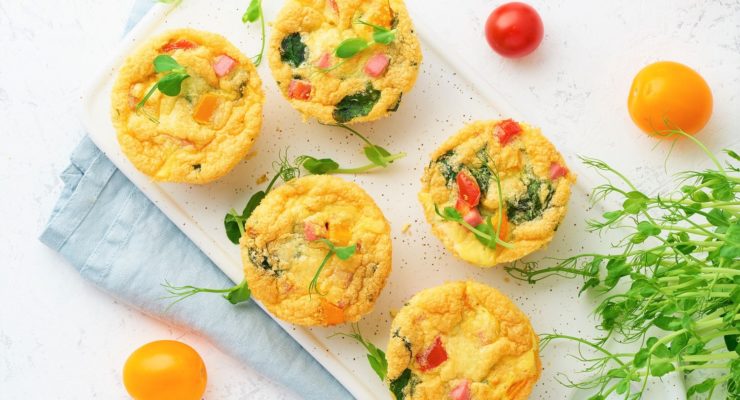6 Veggies to Keep You Feeling Full While You Lose Weight
Article posted in: Diet & Nutrition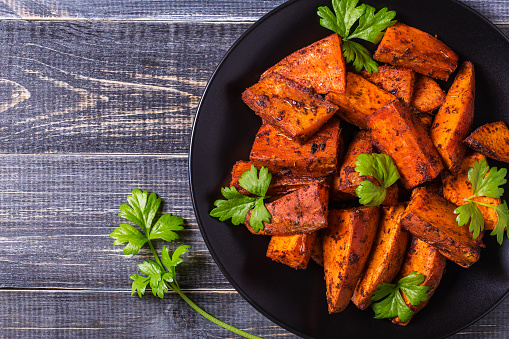
Your body can’t digest fiber, but you need it to digest everything else and to live a healthier life: Soluble fiber, the kind found in beans, blueberries and oats, can help lower cholesterol and manage your blood sugar. Insoluble fiber, found in veggies, can help lower your risk of breast cancer, keeps your intestines moving along for better bowel movements, and has been shown in studies to lower your overall risk of death.
Oh, and they can both help you lose weight: Fiber makes you feel full, and then controls the speed of digestion so you feel fuller, longer. No wonder the USDA recommends men down 38 grams per day until age 50, and women consume 25 grams of fiber until age 50. If you try to do that with a bran cereal, you’ll be munching all day, though. To meet the 38 grams recommended for men, you’d have to chew through more than five cups of the stuff. Get some variety in your weight loss plan—while lowering cholesterol and overall body weight—with these six veggies that are loaded with fiber:
1. Black beans: 15 grams per cup
Maybe the grand champion of soluble fiber options, one half cup of black beans (equal to one SmartCarb on Nutrisystem) can provide a woman with more than a quarter of her daily recommended fiber intake. A bonus: That half cup will provide eight grams of protein, which the body is slow to digest—meaning you’ll feel full even longer. And perhaps the best thing about black beans is that they can be dressed up to be delicious without adding even more calories to the mix. Try this delicious recipe for Black Bean and Rice Salad, which features one of your Nutrisystem meals, or opt for this spicy, 20-minute homemade black bean soup—with only five ingredients:
You’ll need:
1 can black beans with liquid
1 cup fresh salsa
1/4 cup fresh cilantro, chopped
1 tsp ground cumin
1/2 tsp garlic powder
How to make it:
Combine all the ingredients into a saucepan, saving a little bit of cilantro for garnish. Heat over medium-high heat until it starts bubbling, then reduce the heat to low. Let cook on low for 15 minutes, stirring occasionally.
2. Artichokes: 10.3 grams per flower
That’s right: Artichokes are flowers (well, flower buds), and are unlimited veggies on the Nutrisystem weight loss program. If that—or the delicious taste—aren’t enough to get you to eat them, the power of its 10.3 grams of fiber should do the trick. And a whole artichoke is just 64 calories—making this roasted artichoke a perfect, salty snack for eating in front of some Sunday night TV (Watch this video to see how it’s done).
You’ll need:
1 Artichoke
Zero-calorie cooking spray
Salt
Pepper
Juice of half a lemon
Aluminum foil
How to make it:
Cut off the top third of the artichoke, creating a flat top. Cut off the stem, too. Then use scissors to snip the tip of each petal. Use a sharp knife to cut a bowl shape into the center of the artichoke. Spread the leaves open, and season lightly with salt, pepper and a squeeze of lemon. Spray the veggies lightly with zero-calorie cooking spray. Wrap it in aluminum foil, and bake at 425 degrees for 60 minutes. When it’s finished, pull each petal off and eat the “meat” of the artichoke that is at its base.
3. Broccoli: 5.1 grams per cup
An unlimited veggie on the Nutrisystem program, Broccoli’s got Vitamin B, it’s got iron, it’s got fiber, and it’s got the added bonus of letting you feel like a child felling a forest of delicious trees. Re-capture the inner kid with a crunchy new twist by roasting your broccoli instead of steaming or boiling it (watch how it’s done here).
You’ll need:
Head of broccoli
Zero-calorie cooking spray
Salt
Pepper
How to make it:
Cut the broccoli into medium-sized florets, and spread evenly on a baking sheet. Spray lightly with cooking spray, and season lightly with salt and pepper. Bake at 425 degrees for 15-20 minutes, or until the edges start to brown.
4. Brussels Sprouts: 4.1 grams per cup
How did Brussels sprouts come to represent “yucky veggies” to children? They’re delicious! Each tiny flavor bomb also has superpowers: They’re loaded with potassium, Vitamin C, and—of course—fiber. Plus, they’re unlimited on Nutrisystem. Try them roasted with onions (watch the recipe here) or, for a sweet new twist on veggies that offers even more filling fiber, try this delicious and healthy recipe for Brussels Sprouts with chopped apples.
You’ll need:
1 cup Brussels sprouts, quartered
1 cup diced apple
1 Tbsp apple cider vinegar
1 tsp olive oil
1 tsp minced thyme
Salt and pepper
How to make it:
Combine all ingredients in a large bowl, mixing thoroughly. Spread on a baking sheet in a single layer. Bake at 375 degrees for 25 minutes.
5. Sweet Potatoes: 6.6 grams per cup
All that orange means carotenoids—or Vitamin A. How much? Try more than 350 percent of your daily recommended intake in just one half cup (the equivalent of one SmartCarb on Nutrisystem). Add to that nearly 15 percent of your fiber, almost 15 percent of your daily Vitamin B6, plus nutrients like thiamin and riboflavin. What do you get? The ability to eat French fries without an iota of guilt.
You’ll need:
1 sweet potato, peeled and cut into wedges
1 Tbsp olive oil
Salt and pepper
How to make it:
Toss the potatoes in the olive oil. Spread evenly on a baking sheet and season with salt and pepper. Bake for 15 minutes at 425 degrees, then move the wedges around on the pan so they’ll cook evenly. Bake for another 10 minutes or until the edges brown.
6. Cooked Spinach: 4.3 grams per cup
You’ve heard enough Popeye jokes, but spinach really will make you strong. Plus, it’s unlimited on the Nutrisystem program. Spinach has tons of iron, a lot of protein for a veggie (1 gram per uncooked cup), as well as potassium, Vitamin B6 and half your daily recommended intake of heart disease-fighting carotenoids. Fat actually makes this Vitamin A more bioavailable, so the olive oil in this sauteed spinach can make the leaves even healthier.

